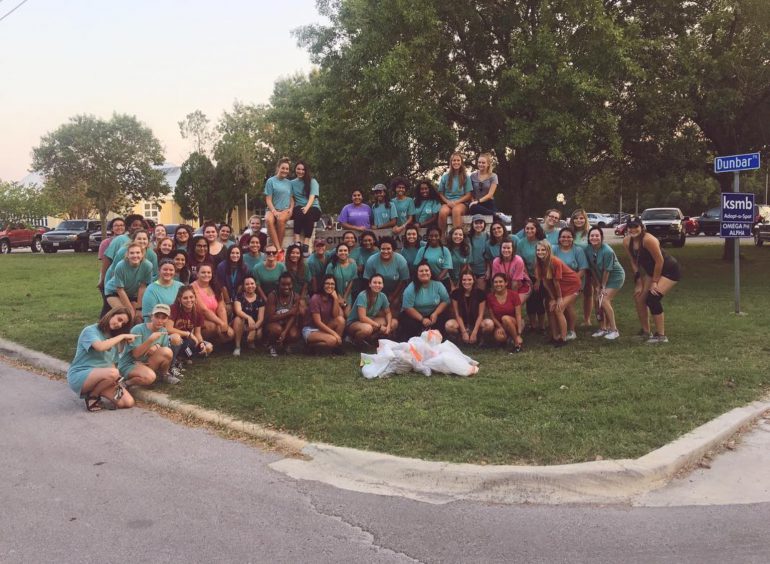
Emotional Intelligence at School and Work
Last Fall I took an “Extraordinary Leadership” class where I learned about the fundamental traits of a leader. One major topic presented was the importance of emotional intelligence, especially in the workforce. To me, emotional intelligence is defined as paying attention to the way others react and relating to others’ feelings versus your own. I realized emotional intelligence is something that should be openly talked about before entering a job or internship. You can be a well-rounded leader by understanding the 5 key characteristics of emotional intelligence, which was established by psychologist Daniel Goleman.
Self-awareness
Being self-aware of your actions and the way you speak goes hand in hand. If you can depict your own emotions, then this is the first step in understanding emotional intelligence. To understand another person’s perspective, you must understand your own. Another tip to become more self-aware is to take a moment and pause. Look back at the events that just occurred and identify what you did right or wrong.
Self-regulation
Self-regulation is crucial because you want to have control when handling negativity, whether it’s from your end or the other person’s. In other words, take control of your life! This doesn’t mean that you should keep your feelings hidden, but to really think before you speak. You never know when someone is having a rough week due to personal issues. Sometimes saying something insensitive can break sensitive barriers around the person you’re working with.
Motivation
Motivation is needed to accomplish what we put our minds to. At work, motivation can help you understand why you chose this position in the first place. If you’re motivated to wake up and make money, then you are more than motivated to see that everything has a silver lining. As a leader, you need this trait to move forward and maybe influence others to do so as well.
Empathy
The previous steps were more to understand your own self reflection before facing what others go through. Although there is a specific professional mannerism in the workplace, at times having a wall blocking any sort of surrounding emotions isn’t always good. From personal experience, I’ve seen so many leaders block off the well-being of their peers and focus on their own. This creates a hostile work environment where workers feel incompetent completing work goals while dealing with personal struggles. With empathy, you take time to observe body language, communicate to those you work with, and picture yourself in a situation unrelated to work (sickness, divorce, financial).
Social skills
No matter what, communication is key to everything! If a worker is dealing with issues outside of work, be the bigger person and find out what is wrong. You don’t need to pry and learn every detail. If you can socially learn how to tackle a technical problem in the work environment, then you are more than capable of helping one of your peers better their work life.
Caring for your own emotional health in a job is crucial but being aware of it for the sake your peers makes you a well-rounded leader. Learning about emotional intelligence has helped me realize that it’s important to not only care about myself or the values of the company I will work for, but also the people with whom I surround myself. I’ve always been pretty good at reading people and never really related it towards a work setting. I’ve always been taught the importance of getting the position I want, gaining communication skills, and work experience. Developing emotional intelligence should be an important factor as well. It shows that leaders care about the well-beings of other workers, which demonstrates the true values of a company.
